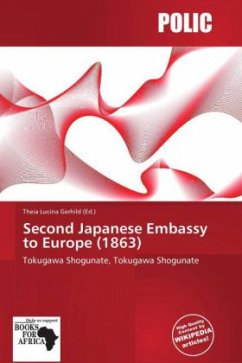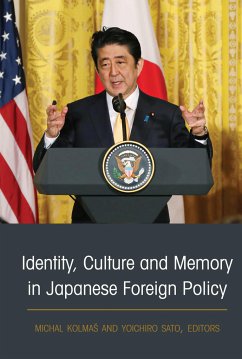
Anti-Japanese sentiment in China
Versandkostenfrei!
Versandfertig in 6-10 Tagen
30,99 €
inkl. MwSt.

PAYBACK Punkte
15 °P sammeln!
Anti-Japanese sentiment in China is an issue with modern roots. Modern anti-Japanese sentiment in China is often rooted in nationalist or historical conflict, particularly in Japan's Japanese history textbook controversies. Historically, the 3rd century Book of Wei, one of China's oldest written records regarding Japan, reported that the Japanese were uncivilized barbarian tribes constantly at war with each other. Similar views have been repeated over the centuries. Marco Polo, who never personally visited Japan, repeated reports on the land of "Zipang" he heard while in China and described in...
Anti-Japanese sentiment in China is an issue with modern roots. Modern anti-Japanese sentiment in China is often rooted in nationalist or historical conflict, particularly in Japan's Japanese history textbook controversies. Historically, the 3rd century Book of Wei, one of China's oldest written records regarding Japan, reported that the Japanese were uncivilized barbarian tribes constantly at war with each other. Similar views have been repeated over the centuries. Marco Polo, who never personally visited Japan, repeated reports on the land of "Zipang" he heard while in China and described in his book Il Milione , a.k.a. The Travels of Marco Polo, that "the islands off the sea east of China" was a wealthy nation inhabited by idol-worshiping cannibals. Modern Japan annexed parts China towards the end of the Qing Dynasty. Dissatisfaction with the settlement and the Twenty-One Demands by the Japanese government led to a severe boycott of Japanese products in China. Bitterness in China persists over the atrocities of the Second Sino-Japanese War and Japan's post-war actions. This sentiment may also be at least to some extent influenced by issues related to Chinese people in Japan.












